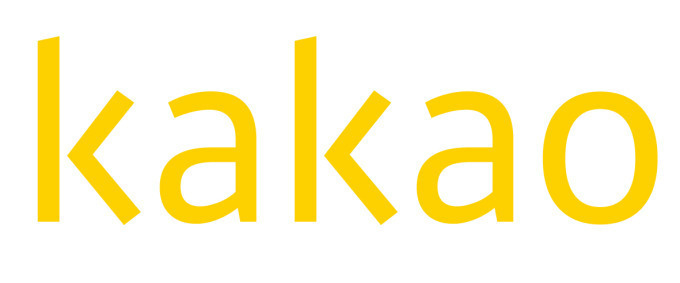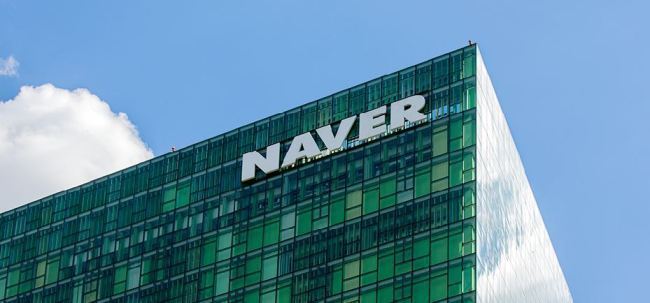 |
Kakao Group logo (Kakao Group) |
It took two decades for Naver to grow from an internet portal site to a giant in e-commerce, content and mobile payment, and just one decade for Kakao to build a sprawling business empire encompassing commerce, mobility and entertainment, off its mobile messaging app.
Both were praised for innovative internet and mobile technologies that changed the way Koreans work, buy and communicate, making life without their services almost impossible to imagine.
But just as their dominance is further cemented by the contactless trend of the COVID-19 pandemic era, the two South Korean online platform companies are finding themselves in deepening trouble.
The duo not only faces scrutiny by the country’s antitrust watchdog, the Fair Trade Commission, but have also been put under a microscope of feisty lawmakers on a number of issues including labor problems, unfair practices against smaller partners and ordinary consumers. Its executives are to be summoned for grilling at a parliamentary audit next month.
 |
Naver headquarters in Bundang, Gyeonggi Province (Naver) |
In particular, Kakao Group’s 10-year expansion through aggressive mergers and acquisitions has come under fire.
Kakao, formerly founded as IWILAB, was a startup that raised 34 million won ($28,953) in annual sales until 2009.
Its growth was propelled by the launch of KakaoTalk in 2010, which has become the country’s most-used mobile messenger.
Owing to the app’s success, Kakao’s annual sales shot up 12 times to around 4.2 trillion won over the last 10 years, as of 2020.
The growth was largely inorganic.
From 2016 to June 2021, Kakao acquired a total of 47 firms, becoming the most active company in Korea in the M&A market. It spent as much as 2.59 trillion won on the acquisitions, according to regulatory filings.
As a result, Kakao currently has 118 affiliates as of May, including acquired entities such as music streaming platform Melon, game platform XL Games, English learning platform Yanadoo and fashion platform Zigzag.
In response to criticisms on its reckless expansion, Kakao’s leader Kim Beom-su has maintained that Kakao’s mission is to make the world convenient.
To critics, however, Kim’s vision is far from altruistic, as the platform giant moves to charge, or hike, fees on users after they have become dependent on the convenience it brings.
What fueled the criticism was Kakao Mobility’s fee increase for hailing taxis from the current 1,000 won to a range between 1,000 won and 5,000 won, sparking controversy among taxi drivers and customers.
“Behind Kakao’s success, there are problems like monopoly and price hikes,” said Rep. Song Young-gil during a conference on platform businesses.
A recent survey by a local market researcher showed that 51 percent of 500 Korean citizens aged 18 and over supported moves by lawmakers and authorities to regulate big tech companies like Naver and Kakao, as it would help prevent reckless expansion of their businesses.
“The reason for the need of regulation is monopoly, apparently,” said Joo Won, executive director at Hyundai Research Institute. “They have almost no rivals and have monopolized the markets they are in with their service prices. And the government’s moves seem reasonable in that regard.”
“Their target markets also overlap with markets populated by mom-and-pop stores, which is against the recent social atmosphere,” he said. “To resolve the problems caused by the monopoly of big tech firms, we need more competitors in the platform market.”
(
song@heraldcorp.com)






![[Herald Interview] 'Trump will use tariffs as first line of defense for American manufacturing'](http://res.heraldm.com/phpwas/restmb_idxmake.php?idx=644&simg=/content/image/2024/11/26/20241126050017_0.jpg)


![[Herald Review] 'Gangnam B-Side' combines social realism with masterful suspense, performance](http://res.heraldm.com/phpwas/restmb_idxmake.php?idx=644&simg=/content/image/2024/11/25/20241125050072_0.jpg)